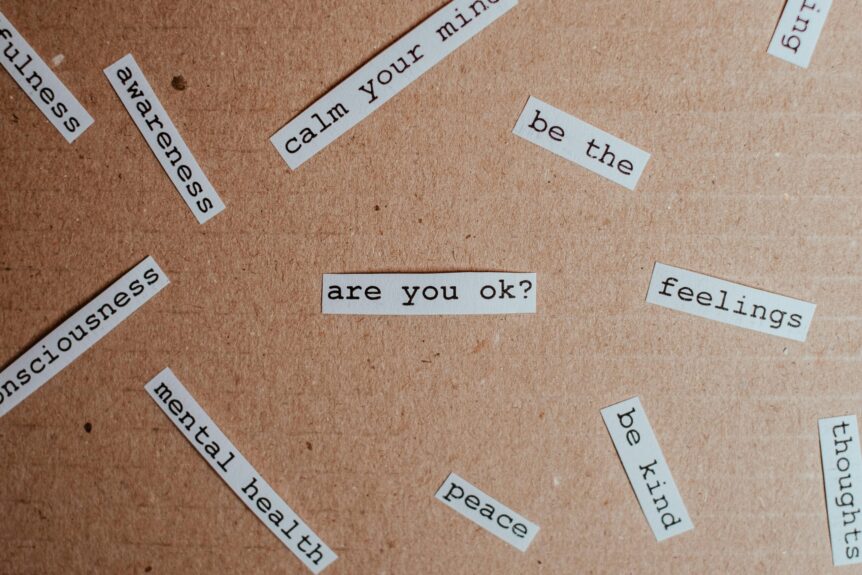
Self-Care Practices
- Mindfulness and Meditation: Practice mindfulness or meditation daily to reduce stress and enhance mental clarity. Apps like Headspace and Calm can guide you through these practices.
- Regular Exercise: Physical activity can significantly improve mood and reduce anxiety. Aim for at least 30 minutes of moderate exercise most days of the week.
- Healthy Eating: Maintain a balanced diet rich in fruits, vegetables, lean proteins, and whole grains. Avoid excessive sugar, caffeine, and alcohol.
- Adequate Sleep: Ensure you get 7-9 hours of quality sleep each night. Develop a bedtime routine and create a comfortable sleep environment.
- Journaling: Writing down thoughts and feelings can help process emotions and reduce stress.
- Hobbies and Interests: Engage in activities that bring joy and relaxation, such as reading, painting, gardening, or playing an instrument.
- Digital Detox: Take regular breaks from screens and social media to reduce mental overload and improve focus.
Professional Support
- Therapy: Seek out a licensed therapist or counselor who can provide a safe space to discuss your feelings and develop coping strategies. Cognitive Behavioral Therapy (CBT) and other forms of psychotherapy can be particularly effective.
- Medication: For some, medication prescribed by a psychiatrist can be an important part of treatment. Always consult with a healthcare professional to understand the benefits and risks.
- Support Groups: Join support groups, either in-person or online, where you can share experiences and gain support from others facing similar challenges.
Lifestyle Adjustments
- Routine and Structure: Establish a daily routine to provide a sense of stability and control.
- Stress Management: Learn stress management techniques such as deep breathing exercises, progressive muscle relaxation, or guided imagery.
- Healthy Relationships: Build and maintain positive relationships with friends, family, and colleagues. Social support is crucial for mental well-being.
- Set Boundaries: Learn to say no and set boundaries to avoid overcommitting and feeling overwhelmed.
Mindset and Attitude
- Positive Thinking: Practice positive thinking and gratitude. Focus on what you’re thankful for and try to reframe negative thoughts.
- Acceptance: Accept that it’s okay not to be okay. Recognize that mental health challenges are common and that seeking help is a sign of strength, not weakness.
- Self-Compassion: Treat yourself with kindness and understanding. Avoid self-criticism and acknowledge your efforts and progress.
Practical Tips
- Stay Informed: Educate yourself about mental health to better understand your own experiences and the experiences of others.
- Limit News Consumption: Reduce exposure to negative news, especially if it causes anxiety or distress.
- Practice Gratitude: Keep a gratitude journal to remind yourself of the positive aspects of your life.
Emergency Plan
- Crisis Hotlines: Have the contact information for mental health crisis hotlines readily available. In the U.S., the National Suicide Prevention Lifeline is 1-800-273-8255.
- Emergency Contacts: Identify trusted individuals you can reach out to in times of crisis.
Resources
- Books and Articles: Read self-help books and articles on mental health topics.
- Online Courses: Enroll in online courses that teach mental health skills and resilience.
Remember that improving mental health is a journey, and it’s important to be patient with yourself. Seeking help and making gradual changes can lead to significant improvements over time.




